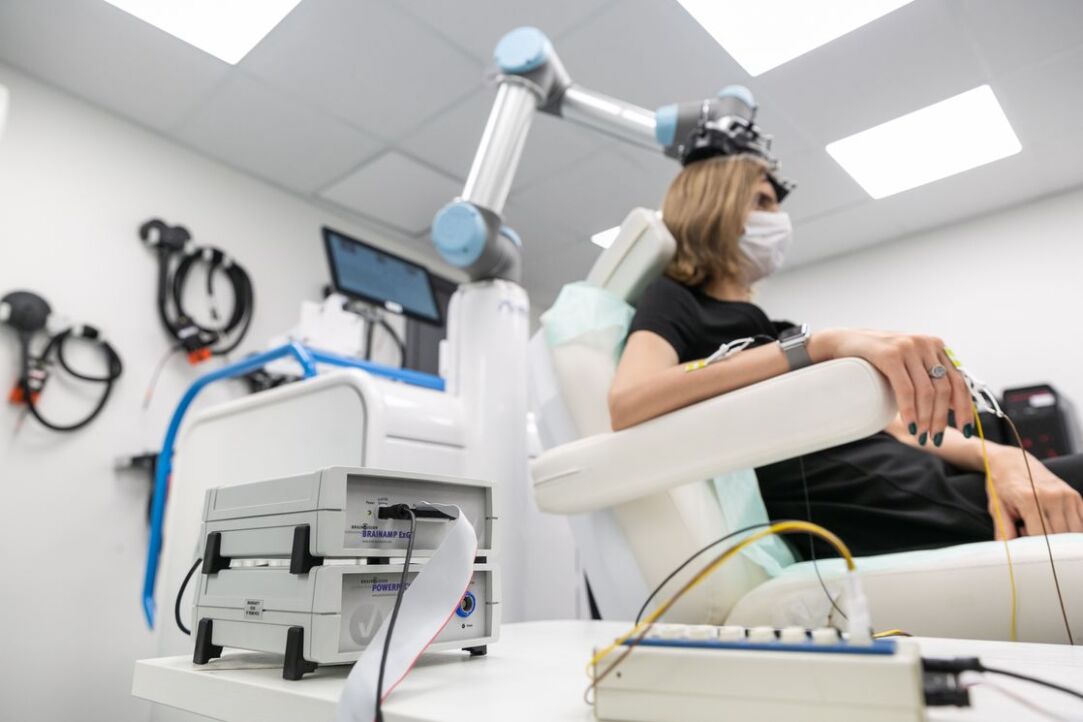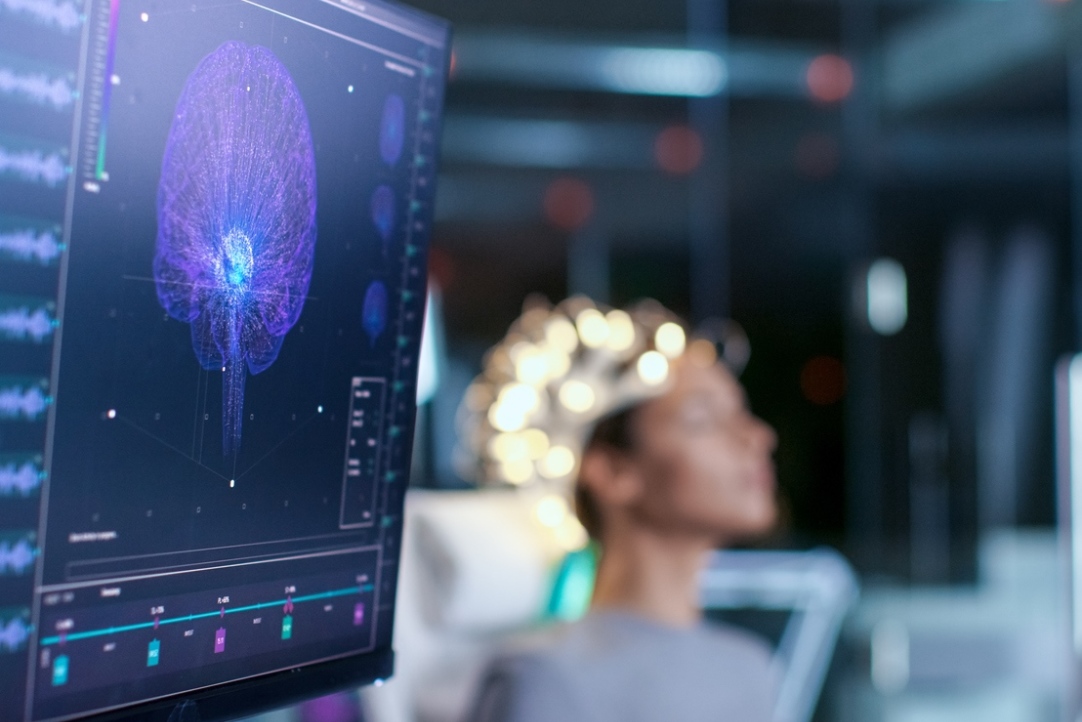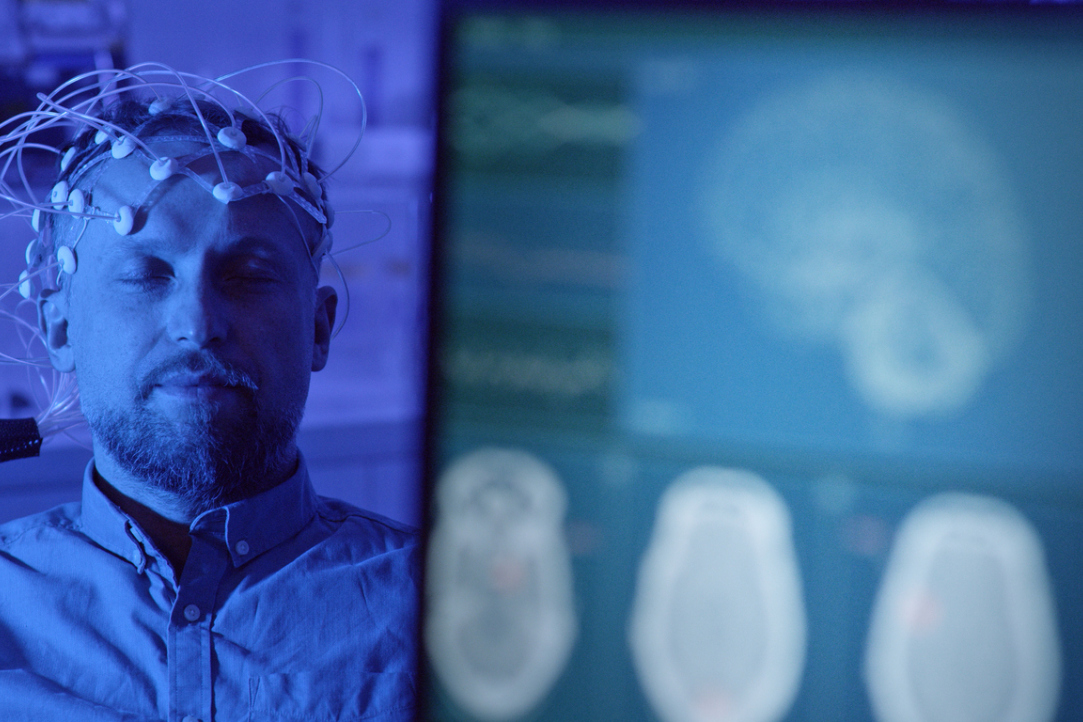
Leading HSE University Scientists to Receive Grants from Ideas Research Centre for Neuroscience Research
The Ideas Centre for Advanced Interdisciplinary Research has announced the results of its 2023 competition. Five leading neuroscientists will receive grants to open graduate positions for early-career researchers who want to work on solutions to fundamental problems in this area. Three of the competition winners are scientists from HSE University: Matteo Feurra (HSE University in Moscow), Anastasia Kolmogorova (HSE University in St Petersburg), and Sofia Kulikova (HSE University in Perm).

Brain Found to Simultaneously Process Linguistic and Extralinguistic Information
An international team of scientists from the UK, Spain, Denmark and Russia (including researchers from the HSE Institute for Cognitive Neuroscience) conducted an experiment demonstrating that people automatically integrate extralinguistic information into grammatical processing during verbal communication. The study findings were published in the Scientific Reports Journal.

Artificial Neurons Help Decode Cortical Signals
Russian scientists have proposed a new algorithm for automatic decoding and interpreting the decoder weights, which can be used both in brain-computer interfaces and in fundamental research. The results ofthe study were published in the Journal of Neural Engineering.

Movement Recovery after Stroke Depends on the Integrity of Connections between the Cerebral Cortex and the Spinal Cord
A team of scientists, with the first author from the HSE University, were investigating which factors are the most important for the upper limb motor recovery after a stroke. The study is published in Stroke, the world's leading journal for cerebrovascular pathology.

